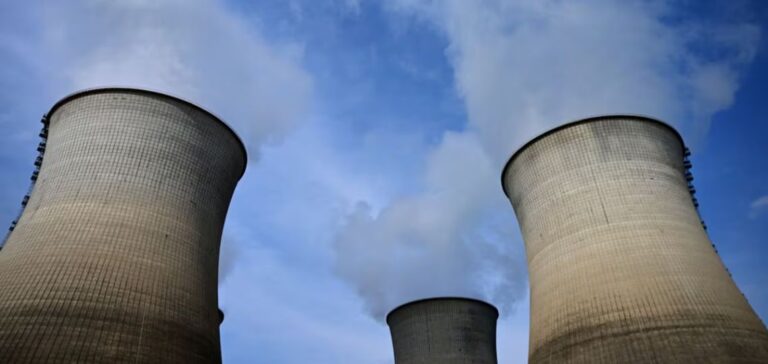In a statement to AFP, the French Ministry of Industry and Energy announced that it was seriously studying the possibility of a reprocessing uranium conversion and enrichment site in France. This initiative, led by the Nuclear Policy Council, aims to challenge Russia’s exclusivity in the conversion of this uranium for nuclear power plants. The Ministry specifies that “the associated conditions are still being studied”. The importance of this approach is underlined by the current situation, where France depends exclusively on Russia and its state-owned operator Rosatom to convert its reprocessed uranium. This dependence has become particularly critical following Russia’s invasion of Ukraine in February 2022, exposing the vulnerability of energy supplies.
EDF’s commitments despite geopolitical tensions
In the face of criticism over uranium trading with Russia, EDF ismaintaining its €600 million contract with Tenex, a Rosatom subsidiary, signed in 2018 for uranium recycling. Jean-Michel Quilichini, head of EDF’s nuclear fuel division, told Le Monde that the company would “continue to honor the contract”, respecting its “contractual commitments” while complying “strictly with all international sanctions”. Greenpeace has criticized the continuation of this commercial relationship, particularly for the enrichment of URT. EDF, however, emphasizes its strategy of diversifying geographical sources and suppliers to minimize its dependence on Russia.
A European vision for the nuclear industry
The planned construction is part of a wider perspective, that of a European industrial sector for nuclear energy. EDF claims to be in talks with several partners to establish a conversion plant in Western Europe by 2030. This ambition has already been mentioned in the government’s “French strategy for energy and the climate”, which calls for the implementation of such an industry.
The use of TRU in nuclear power plants, after conversion and re-enrichment, is a step towards independence. EDF announces the restart of a reactor at the Cruas power plant with “the first fully recycled uranium refill”, marking a turning point in the use of recycled nuclear fuel.





















